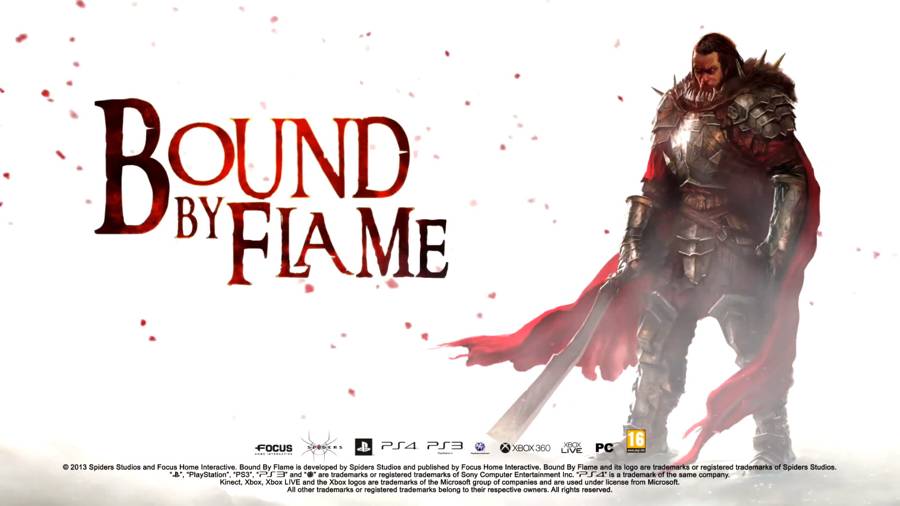If you want to try something new and are new to chess, no problem. Chess is a game of skill and everyone can learn to play chess reasonably well, and, in time, you can find someone you can play against at your level. Chess basics, such as the chess pieces and the fundamental moves for chess games, are not hard to learn and can be learned from books, online information and exercises.
Chess is a board game for two players and once you get chessmen and board, learn some basics, then you can search for some friendly competition. If you look around, you may find a family member, a friend, a neighbor, or a co-worker who plays chess. If not, there are certainly various ways to find other players to practice with such as: local chess clubs in the community or schools; computer chess software; or internet chess. You can even find chess games at local chess hangouts such as at coffee shops or book stores (eg., Borders Books) which may be advertised locally on Craigslist or elsewhere online. Some libraries have a chess club on Saturdays to learn and practice chess games during the year. Occasionally, there are community education programs available to learn and play chess. Playing chess games against someone who is at or just above your skill level is one of the best ways to advance your interest and learning of chess.
The library or bookstore can yield some good books for the basic rules, moves and tactics. There is a series of books by Yasser Seirawan for learning chess such as: Play Winning Chess (easiest one), Winning Chess Tactics, Winning Chess Openings, and others in the series. Also, there are: The Complete Idiot's Guide to Chess by Patrick Wolff; Bobby Fischer Teaches Chess by Bobby Fischer; Beginning Chess by Bruce Pandolfini; Chess For Success by Tony Gillam; and other good books for beginners to chess. For chess puzzles there is a very large book - Chess: 5334 Problems, Combinations, and Games - by Laszlo Polgar.
Chess in cyberspace has evolved and is perpetually changing, but, good sites can be located with some basic searching. For example, three such internet gaming room sites are: Free Internet Chess Server (FICS)/(freechess.org); Internet Chess Club (chessclub.com); and Playchess (Playchess.de) in which the last two require paid membership, though you can login free as a guest. Plus, a different popular free chess player server is Games.Yahoo.com. Another chess learning choice can be Chess Magnet School (ChessMagnetSchool.com) which combines good textural instructional material and lots of exercises. It starts with learning the rules and moves, then, moves to strategies and tactics of chess games. There is a monthly, quarterly or yearly fee, but you can start with a thirty day free trial by going to the United States Chess Federation (USCF)/(uschess.org) (and click on Learn to Play Chess). There are other good sites and even some that are kids programs, but can be very specific for adults also, such as Silver Knights Chess (SilverKnightsChess.com) where you first join the site and learn through the Online Training Center which has chess videos that are sorted by skill level. There is a monthly fee which gives unlimited access to all chess videos (beginner, intermediate and advanced) with new videos added every week. There are also good computer chess games on CDs or DVDs that can be purchased such as - ChessMaster 10th Edition - which has good instructional material with a thorough course of rules and basic strategy.
Chess is ultimately learned by playing and can become more and more stimulating and challenging the more you participate in it. As you progress you can learn different techniques and see patterns of chess more clearly. Learn some basics, get chessmen and board, find some chess games, have fun and don't force it. Chess improvement will come at its own pace. So, relax, study and play! By entering into the fascinating world of chess you will gain the benefits of learning chess, as well as, the enjoyment of a game that you can keep on learning for a lifetime.





